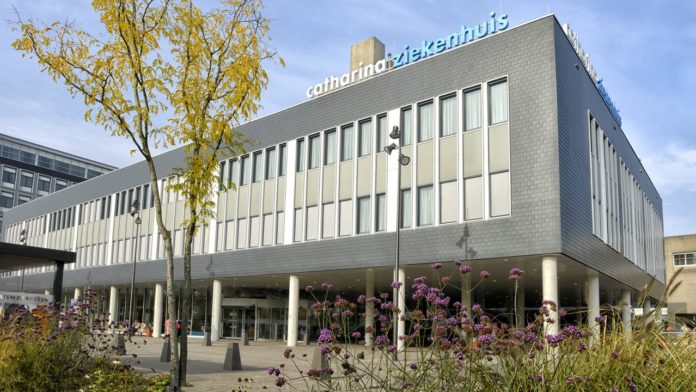The Eindhoven University of Technology (TU/e) and Catharina Hospital have developed a method that identifies the coronavirus more quickly.
It’s an algorithm that can quickly recognize COVID-19 in the blood. This makes it possible to promptly exclude a patient who comes to the emergency room, suspecting they have the virus. It is, therefore, an addition to the existing test method.
Thanks to this algorithm, the hospital can use fewer standard coronavirus tests. At the height of the pandemic, researchers were asked whether there was a way to rule out the possibility that someone had the virus more quickly. “We then started looking at the information we already had”, Arjen-Kars Boer, a clinical chemist at Catharina Hospital and employed as a researcher at TU/e, says.
Barcode
“Patients who come to the ER given standard blood samples for a so-called quick scan”, Boer says. “Their blood is tested at no less than 30 different values. We wondered whether there were sometimes subtle changes in their blood that are characteristic of COVID-19. Couldn’t we find some instantly recognizable barcode? And yes, we could”.
The researchers developed the test method in about three months. Usually, it takes much longer to bring such a project to a successful conclusion. “From idea to implementation in three months, that’s extremely fast,” says Arjen-Kars.
“Developing such a device in such a short time is truly unique. It hasn’t been described in the literature anywhere in the world yet”.
The next step is to see if this algorithm can also be used at other hospitals. This will take some time. Each hospital carries out different tests in the emergency room and uses different equipment for this purpose.
Nevertheless, the researchers expect other hospitals will want to use this method too.
Source: Studio040
Translator: Bob
Editor: Melinda Walraven











